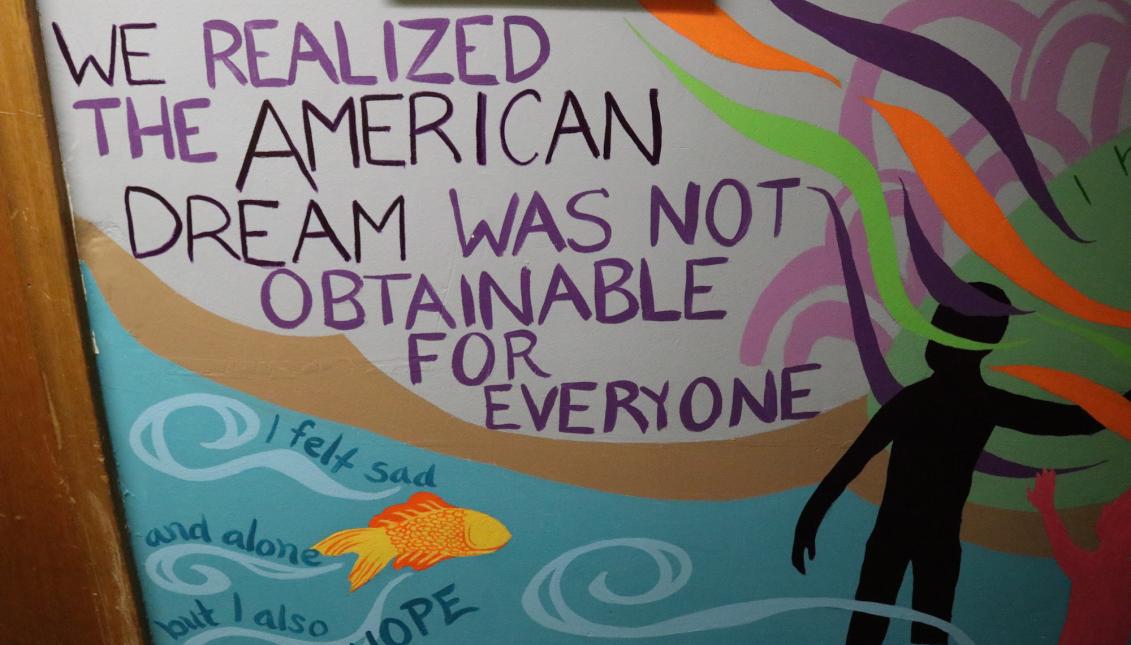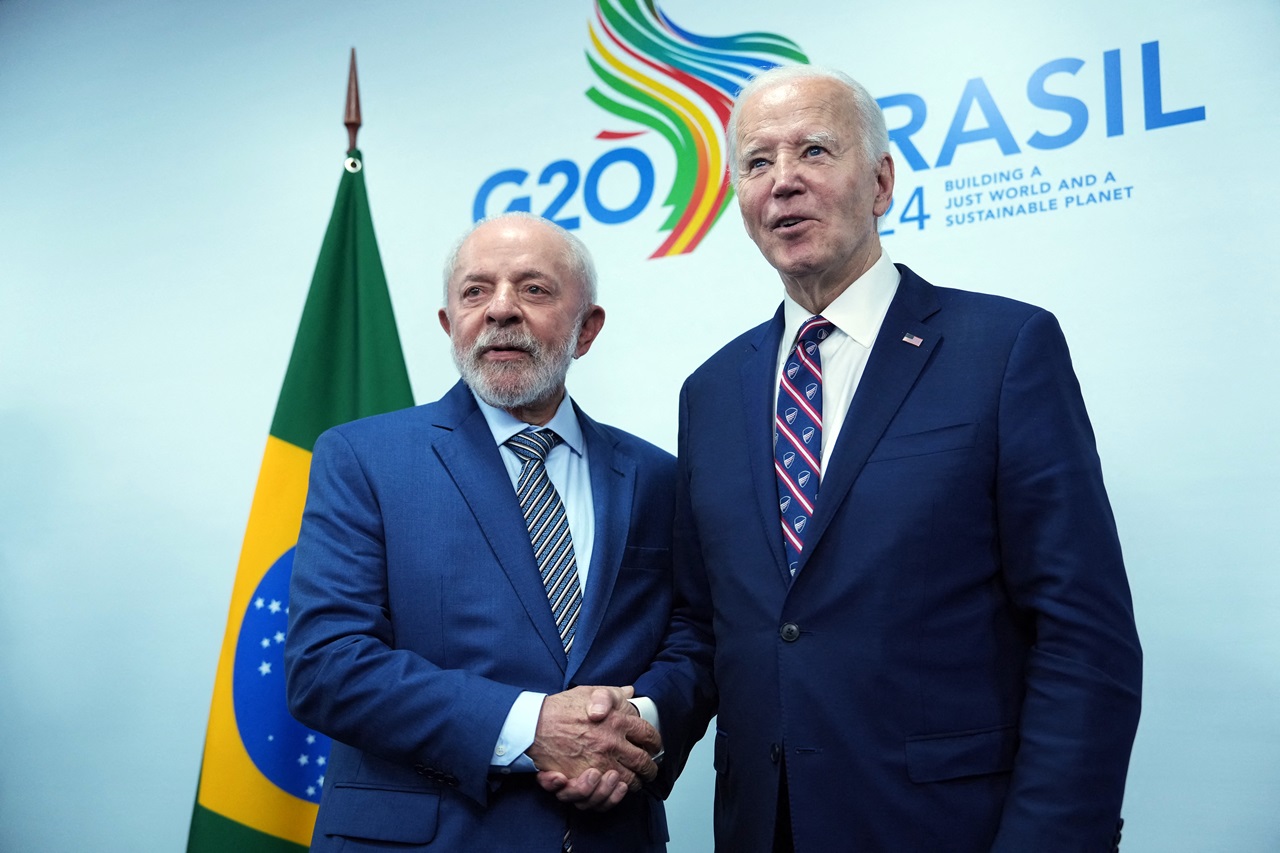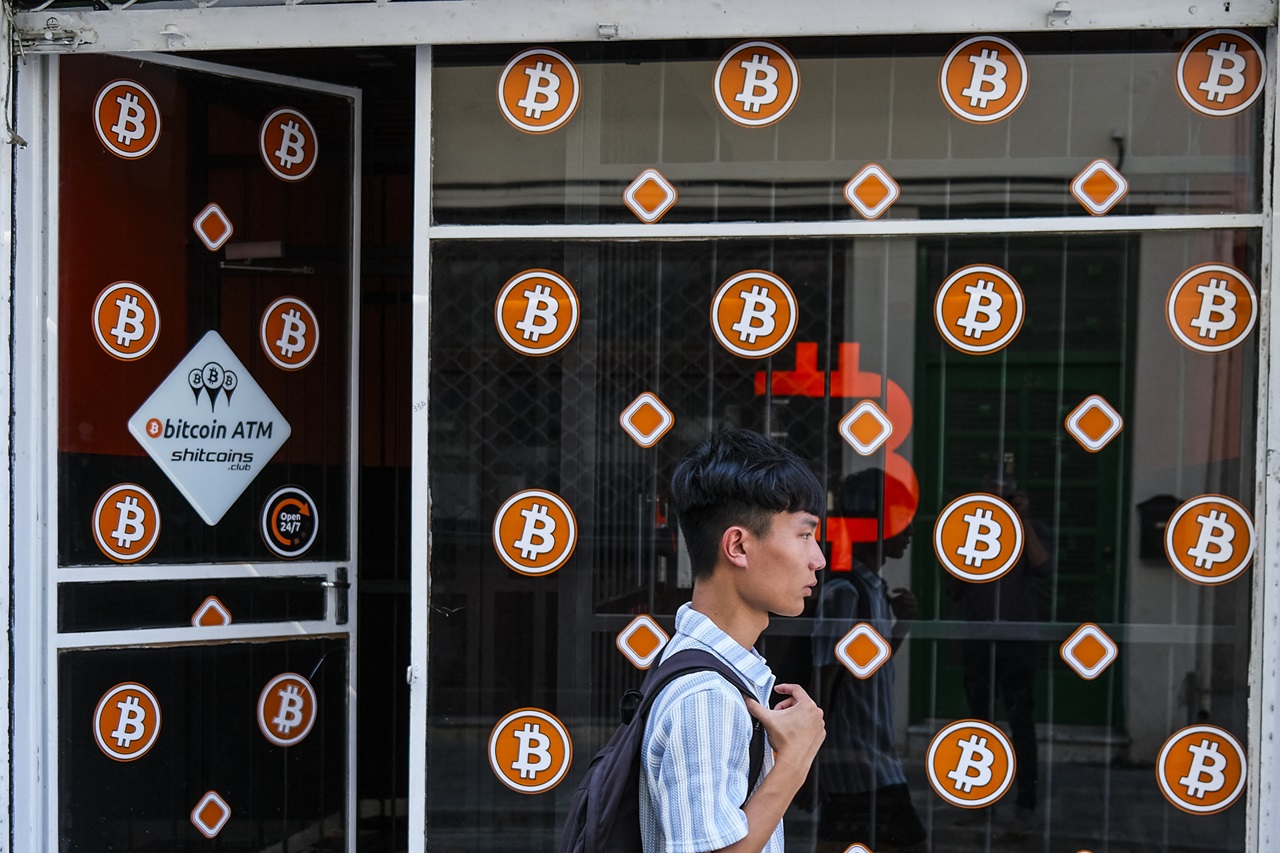
Philadelphia’s revised coronavirus budget cuts free legal counsel program for immigrants
The program launched 2019 with $300,000 in funding from the city, the Samuel S. Fels Fund, and the Vera Institute of Justice in New York.
Considering its short lifespan to this point, Jonah Eaton said the success rate of Philadelphia’s Pennsylvania Immigrant Family Unity Project (PAIFUP) was “surprisingly good.”
Founded in July 2019 from a partnership between the city and New York-based justice nonprofit, the Vera Institute of Justice, PAIFUP is a fund dedicated to providing free legal counsel to immigrants who otherwise can’t afford immigration legal services.
If an immigrant can’t afford counsel, they’re forced to appear in immigration court alone, greatly reducing the success rates of their cases according to data from the American Immigration Council.
Of the 125 individuals screened for legal counsel by PAIFUP since its creation, Eaton said 41 got hearings, resulting in 15 releases and one outright victory that granted the individual permanent legal status.
“I’d be extraordinarily pleased if we manage to keep up this level of success,” he said.
But given coronavirus and Mayor Jim Kenney’s new revised budget, which plans to cut the city’s funding for the program, Eaton and fellow attorneys from Nationalities Service Center (NSC) and the Pennsylvania Immigrant Resource Center (PIRC) that work on it may not get to see if they can maintain their early success numbers in the long term.
The city contributed $100,000 for the program and both the Vera Institute of Justice in New York City and the Samuel S. Fels Fund provided additional funds for a total pot of $300,000.
The Samuel S. Fels Fund has committed an additional $100,000 for the coming year as long as the city funds PAIFUP with $200,000, but that will also go away with the cuts.
If the program is eliminated, which is how it stands right now, the cases in progress won’t be dropped, but will fall back on NSC and PIRC to complete.
“It has a knock-off effect,” said Eaton.
However, he and the rest of PAIFUP’s organizers are not giving up on the program just yet. Philadelphia City Council still has many hearings before making a final decision on the budget.
At the first hearing held on May 27, Eaton and Shayna Kessler, a senior planner at the Vera Institute, both testified in support of the program.
In his speech, Eaton highlighted how detention centers have become hotspots for COVID-19, putting even more emphasis on the importance of the work done by PAIFUP, especially in getting 15 people released.
RELATED CONTENT
“It is critical to understand what these releases mean. These are 15 people who will no longer be exposed to heightened risk of the virus in detention, 15 individuals who can return to their families and care for their children,” he said.
Kessler pointed out how Philadelphia’s decision to defund the program went against what other cities in the U.S. are doing amid the pandemic when revising their respective budgets.
Rather than cut, many maintained their funding.
In New York, its $10 million in funding for immigration legal services was sustained. Los Angeles also moved forward in providing $1 million for a similar program and Boston, Washington D.C. and Baltimore all decided against cutting their immigrant defense funds.
“Such funding ensures that vulnerable neighbors are not left behind when support is needed the most,” said Kessler.
Eaton empathizes with the Mayor’s predicament of having to make hard cuts to the budget, but is prepared for lengthy debates over the next month as City Council finalizes the cuts.
He said the program has strong allies in councilmembers María Quiñones-Sánchez and Helen Gym, and hopes to pick up further support from some of the new crop of councilmembers.

This article is part of Broke in Philly, a collaborative reporting project among more than 20 news organizations, focused on economic mobility in Philadelphia. Read all of our reporting at brokeinphilly.org.











LEAVE A COMMENT:
Join the discussion! Leave a comment.